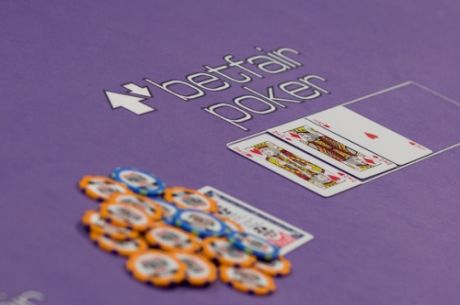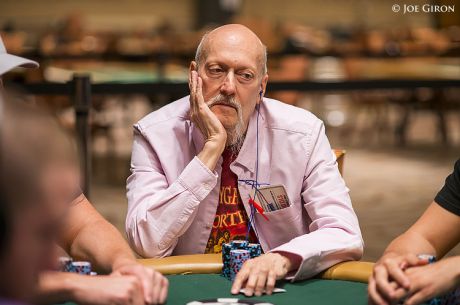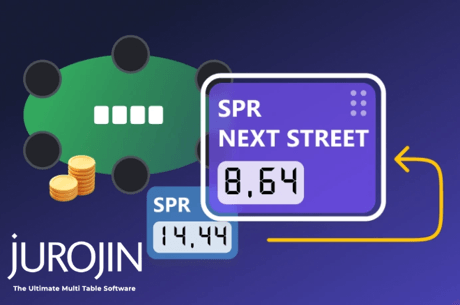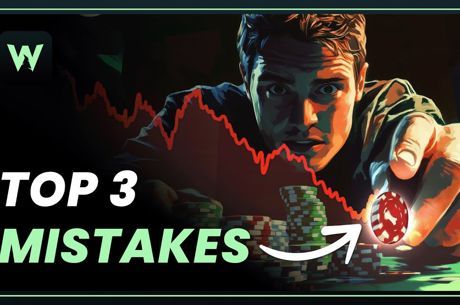Plug Your Poker Leaks Before They Cause Serious Damage

Poker players who say they don’t have any leaks in their game are almost certainly lying. Even poker’s elite players all have some leak that hurts their bottom line, however slight it may be.
Imagine if you had a burst water pipe in your house, one that had a sizable hole in it. Almost as soon as the pipe burst you would be aware of it. You would call a plumber right away who would then charge you through the teeth to fix your problem, but it would be fixed and the extent of the damage minor.
Now think what could happen if the leak in the pipe was ever-so-small, but a leak nonetheless. This leak could go undetected for months, maybe even years, allowing water to seep into your house until something major went wrong. Something extremely costly.
What has burst pipes got to do with poker? Let’s use our imagination a little. Pretend that whenever you have a royal flush and your opponent moves all in, you fold. While this mistake would be a costly one, it would only happen once or twice a year and that is only if you play lots of poker. If you played $1/$2 regularly this particular leak might only cost you $200 per year.
Now imagine instead you made a mistake that only cost you half a big blind each time you made it, but you made that mistake five times every session. That “leak” would cost you much more money than the big yet rare mistake of the first example. Instead of one or two dramatic instances of “royal flushing” away big pots (pun intended), this latter more frequent mistake would cause a more constant though perhaps less obvious trickle negatively affecting your bankroll.
Big mistakes or leaks are easy to find because they stand out like a proverbial sore thumb. No one’s folding royal flushes, but there are other obvious, costly errors that are easy to spot and thus easier to correct.
Meanwhile the small mistakes or leaks often go unnoticed for long periods of time, usually because players are blissfully unaware of them going on — and that can make them ultimately more damaging.
Some examples of minor leaks that could be eating into your win rate include...
- Playing too many hands from the blinds
- Playing too many hands out of position
- Not value betting enough
- Playing hands too passively
- Always firing a continuation bet regardless of opponent type and flop texture
- Altering your bet amount based on the strength of your hand
The best way to plug leaks is to go through your hand histories with a fine-toothed comb. Tools such as Hold’em Manager and PokerTracker are fantastic for this purpose. Start with the 10 biggest pots won and 10 biggest pots lost, and see if you could have played any of those hands differently. Even in the hands that you were destined to lose, you may have been able to lose a little less.
Check as well the hands you played from the blinds, then from under the gun, then from early position so on. See if you’re playing too loose from the worst positions at the table. Players love to call too lightly in the small blind and big blind due to the fact that they receive a discount to do so. While this is tempting, it is also a costly mistake in the long run.
There are a thousand and one ways to plug leaks, but you have to find them first. I’d recommend going through your hand histories shortly after you finish playing for the night when your thought processes and reads are still fresh in your mind. Then return to them again a day or two later when your emotions and adrenaline aren’t running as high. Spot the leaks and begin right away work to repair them.
Happy plumbing!
Photo courtesy of Jeremy Kunz (Flickr)
Get all the latest PokerNews updates on your social media outlets. Follow us on Twitter and find us on both Facebook and Google+!








